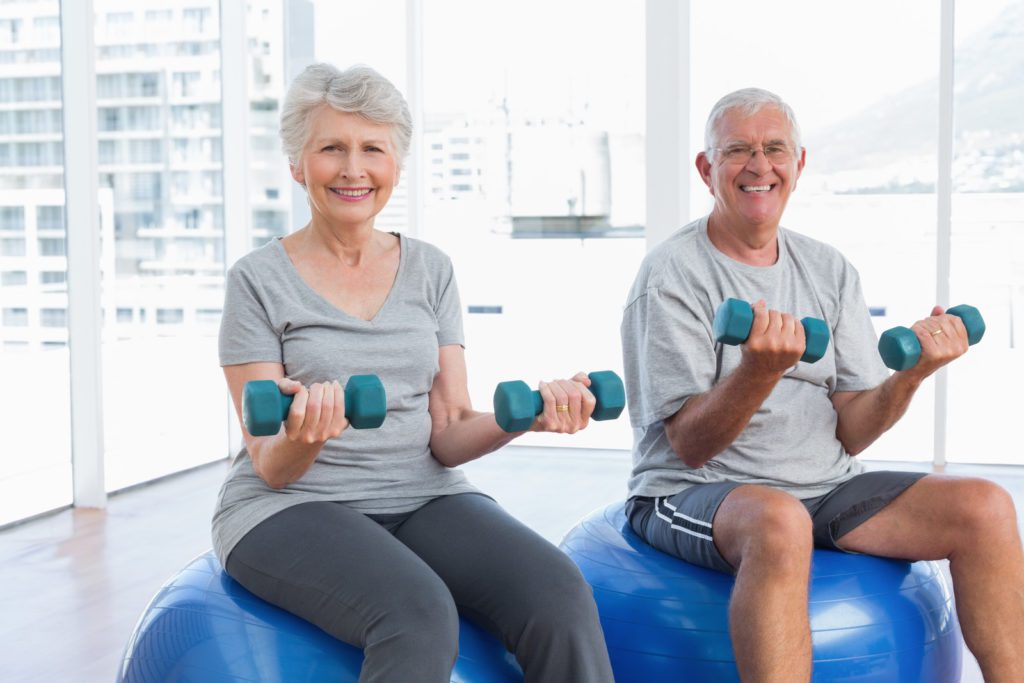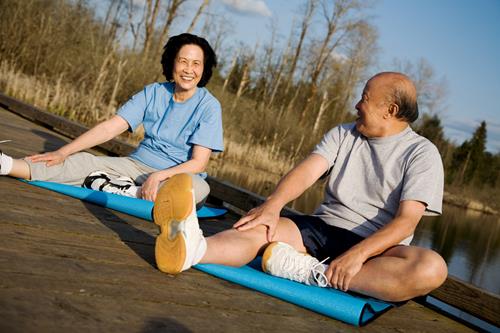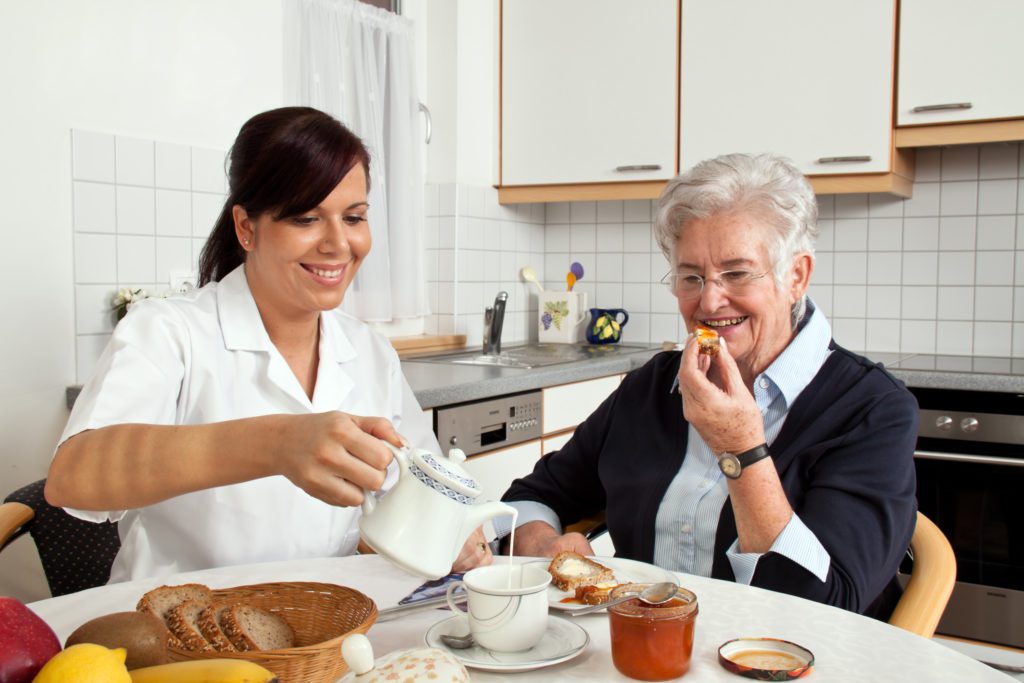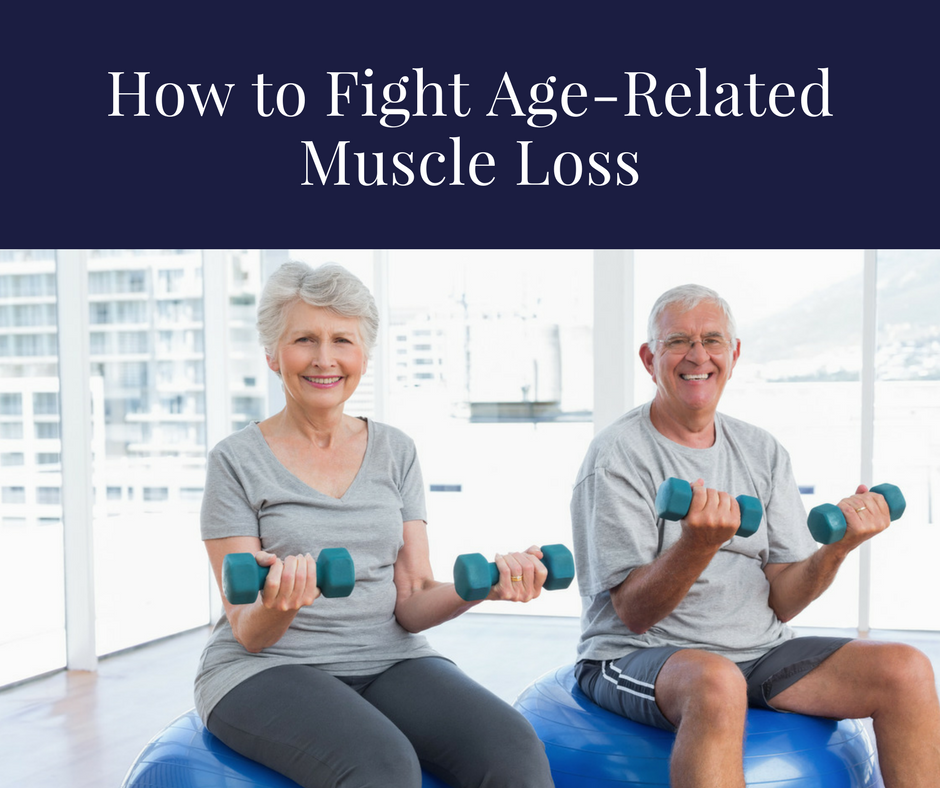 Age-related muscle loss is a common problem that many seniors face. In particular, people tend to lose strength in their muscles and also muscle function as they age.
Age-related muscle loss is a common problem that many seniors face. In particular, people tend to lose strength in their muscles and also muscle function as they age.
In part, the pattern is the result of lack of activity. For example, people often end up moving around less as they age. This is particularly true for seniors who are retired, as they may have fewer opportunities to go out.
But, even for relatively active seniors, age-related muscle loss can a significant problem.
It is also a concerning issue, because a loss of muscle strength and function makes it that much more difficult for seniors to be active and involved. As a result, this type of decline can contribute to isolation and make seniors less willing to go out. Indeed, mobility issues are often a key reason why seniors are reluctant to be involved in some activities.
At the same time, decreases in muscle strength and mass can increase the risk of falls. Even a single fall can have devastating health consequences and falls often serve to strip seniors of their independence.
This makes it absolutely critical to ensure that seniors maintain their muscles as they age.
Thankfully, doing so doesn’t have to be difficult.
 After all, you can safely exercise at any age – regardless of the physical limitations you may experience. There are even seated exercises for seniors and many exercise DVDs that let you do these at home.
After all, you can safely exercise at any age – regardless of the physical limitations you may experience. There are even seated exercises for seniors and many exercise DVDs that let you do these at home.
In many cases, there are also local programs that promote exercise in groups – such as tai chi or even simply just a walking group.
If nothing else, simply getting out and involved in some exercise is often enough to reduce muscle loss or even prevent it entirely.
Focusing on resistance exercise can also be beneficial. For example, small weights will fill this role, as will resistance bands. For that matter, there is a degree of resistance involved in aqua aerobics and in swimming, which can also be a good exercise for anybody with joint problems.
Still, there are some other factors to consider.
One is protein. Protein plays a key role in muscle development, so it’s important to make sure the person you’re caring for is getting enough.
 From my own experience, I can tell you that this isn’t always the case. For one thing, people often find their appetite decreases with age. As such, many seniors end up eating relatively little. They may also avoid protein because it is fairly heavy and is commonly found in meat.
From my own experience, I can tell you that this isn’t always the case. For one thing, people often find their appetite decreases with age. As such, many seniors end up eating relatively little. They may also avoid protein because it is fairly heavy and is commonly found in meat.
Some seniors may also be avoiding protein inadvertently. For example, if they have problems with their teeth, they may be avoiding some cuts of meat, as these can be hard to chew. In some cases, this can also lead to a reliance on processed foods, which tend to be easier to prepare and to eat.
I noticed this pattern myself when caring for my mother-in-law and she tended to get relatively little protein as part of their diet.
In some cases, you may be dealing with stubborn parents who are unwilling to take advice. Still, when it comes to food, the best solution is often to find something that is appealing.
In my case, we ended up turning to protein shakes. While they weren’t the ideal, they can be a powerful source of nutrients, including protein. Plus, some of them taste similar to a chocolate shake – so it’s fairly easy to convince a senior to drink them regularly.
We ended up with Boost shakes for a time, partly because the doctor’s office recommended them. But, we later looked into Premier Protein shakes because they had a better balance of sugar and protein.
Recent research also suggests that fish oil may help boost the effects of resistance exercise for older women. This makes for a particularly powerful approach due to the benefits of fish oil for health overall.
The simplest way to get that outcome is to include fish in the diet, especially as that also acts as a good source of healthy fats and protein. If this isn’t feasible for whatever reason, it may also be worth talking to a medical professional about fish oil supplements.
Please pin our article, or share it on social media.


Leave a Reply